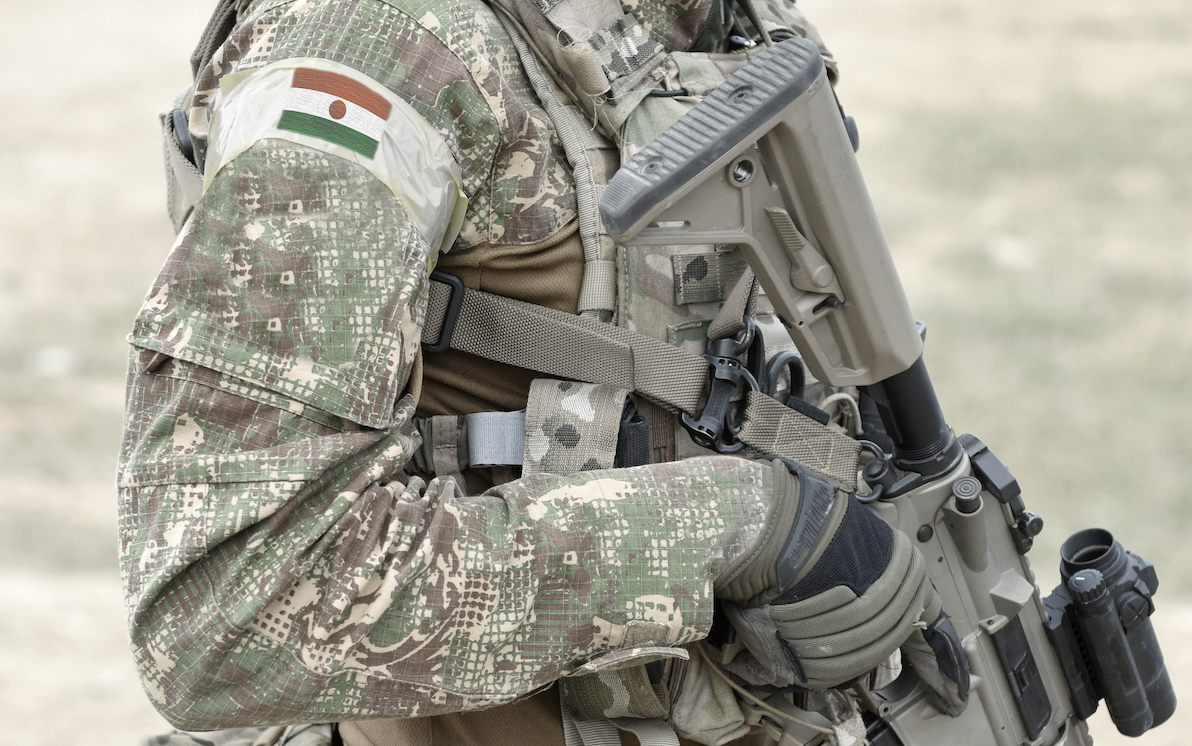
Each week, Army Technology’s journalists select top tweets that summarise the social media buzz in our sector, underpinned by GlobalData’s analytics. These social media signals help us understand brand sentiments and the themes driving conversations on social platforms. This new, thematic coverage is driven by our underlying Disruptor data which tracks all major deals, patents, company filings, hiring patterns and social media buzz across our sectors.
A coup d’état occurred in Niger last week, beginning with the detention of Nigerien President Mohamed Bazoum by forces commanded by General Abdourahamane Tchiani on 26 June.
Rebel military figures announced the coup on state television channel, as well as announcing the formation of a National Council for the Safeguard of the Homeland, and the dissolution of the country’s constitution. The following day President Bazoum turned to X, the social media platform formerly known as Twitter, to reassure the people of Niger, and to indicate through defiance that he has no intention of stepping down from his position as head of state.
All Nigerians who love democracy and freedom will see to it.
MB” – Nigerien President Mohamed Bazoum.
In the following days, Tchiani consolidated his grip on the apparatus of state, garnering military recognition for the new junta from the army chief of staff, and proclaiming himself as the president of the National Council for the Safeguard of the Homeland on 28 July on state television.
On 30 July, the Economic Community of West African States (ECOWAS), of which Niger is a member, suspended all commercial and financial transactions between Niger and the other 14 ECOWAS member states, issuing an ultimatum that ECOWAS would “take all measures necessary to restore constitutional order in the Republic of Niger”, and demanding Bazoum be reinstated within one week.
The next day, EU Commission President Ursula von der Leyen retweeted a message from Josep Borrell Fontales, who serves as High Representative of the EU for Foreign Affairs and Security and Vice president of the EU Commission, stating the EU’s support of the ECOWAS sanctions and urging a return to power of Bazoum.
in response to the coup d’etat in #Niger and will support them swiftly and resolutely. It is important that the will of the people of Niger, as expressed by the votes, be respected.” – Josep Borrell Fontelles, High Representative of the EU for Foreign Affairs and Security and Vice president of the EU Commission.
On 1 August, Niger’s tilt away from ECOWAS grew apparent, as it reopened the country’s borders with other several other countries, including including Mali and Burkina Faso, where recent coups had led to their suspension from ECOWAS.
With ECOWAS threatening a possible military intervention in Niger, a warming of relations between Tchiani’s new council and the military rulers of Mali and Burkina Faso carried unsettling overtures.
Rama Yade, senior director of the Atlantic Council’s Africa Center, notes that there is a strong fear that the region may collapse now that the G5 Sahel is led by four juntas. She stresses unbalancing effects in the relationship between the G5 Sahel and ECOWAS, as the G5 Sahel members – Burkina Faso, Niger, Mali and Chad – have antagonised ECOWAS and brought into question the bloc’s credibility even as ECOWAS have strengthened sanctions against them.
A possible accelerant to crisis lies in the leadership of ECOWAS, as its current chair, Nigeria, has recently undergone a democratic transition, with the new President Bola Ahmed Tinubu assuming office two months ago. With the recent assumption of power, she stresses, President Tinubu’s domestic political circumstances demand a victory.






